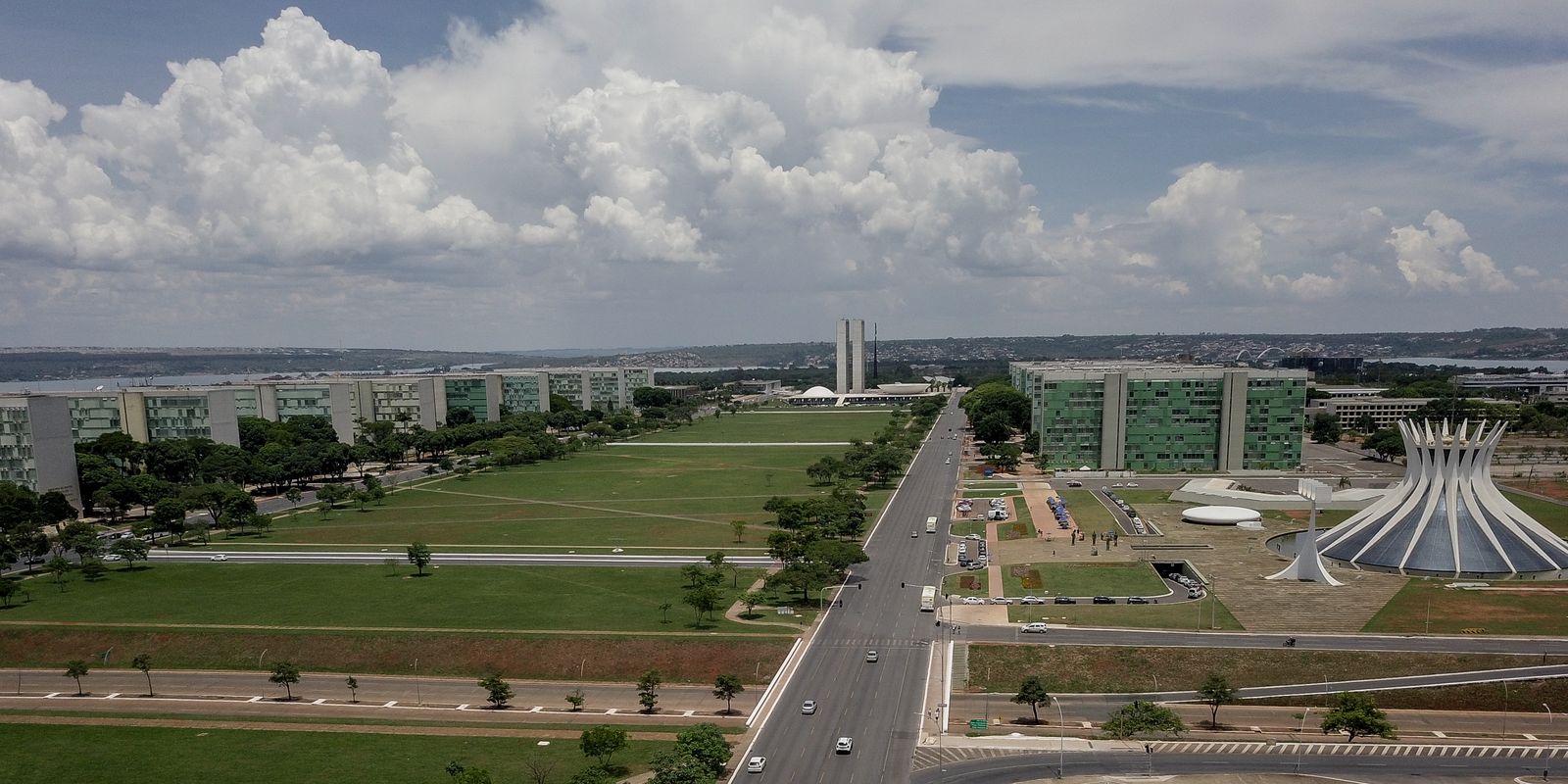A decree signed by President Luiz Inácio Lula da Silva, this Wednesday (11), establishes new labor rules in contracts between federal public bodies and entities with companies that offer outsourced labor, such as security, cleaning and engineering services.
According to the government, the rule provides for the alignment of all hiring carried out by the administration with the guidelines of the International Labor Organization (ILO), “promoting a dignified work environment, free from the exploitation of child labor or conditions analogous to slavery.”
Among the measures, the text, which will be published in the Official Gazette of the Union (DOU), establishes more flexible work regimes, compensation of hours or reorganization of shifts, as well as allowing the reduction of the working week from 44 to 40 hours, without a reduction in salary, in some cases.
One idea is to avoid the presence of employees on weekends, for example, as long as it is not essential.
“The new decree establishes that recess days or days with different schedules due to holidays and other festivities must also be considered for outsourced workers, to avoid unnecessary maintenance of personnel during times with low demand, which may even generate additional costs for the administration”, informed the Planalto Palace, in a note.
Currently, according to the government, there are 73 thousand people working in federal public bodies as outsourced workers.
Another change in the decree concerns the rules for bidding for ongoing service contracts. According to the Ministry of Management and Innovation in Public Services (MGI), some companies offer lower prices in bids at the cost of reduced wages.
With the decree, according to the ministry, proposals will only be accepted if the values predicted for salary and benefits are compatible with the costs estimated by the federal administration, as explained in the bidding notices.
The MGI’s Management and Innovation Secretariat (Seges) will also regulate the rules established in the decree and will issue complementary standards for the adaptations of bodies and entities.

















